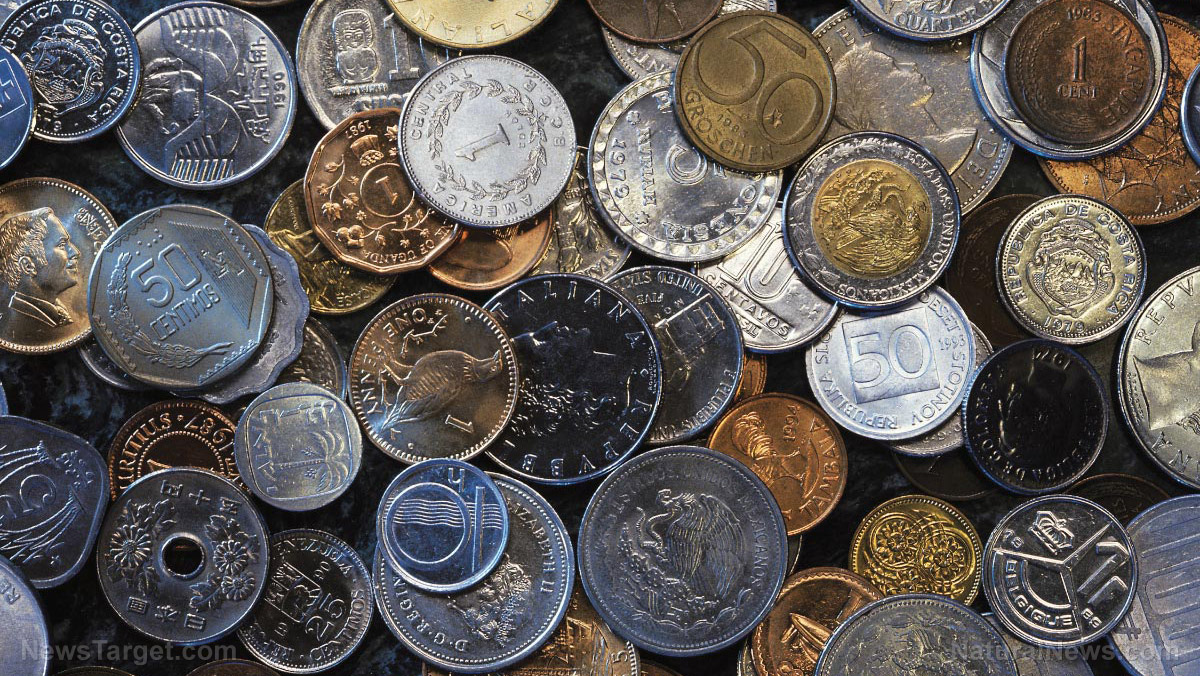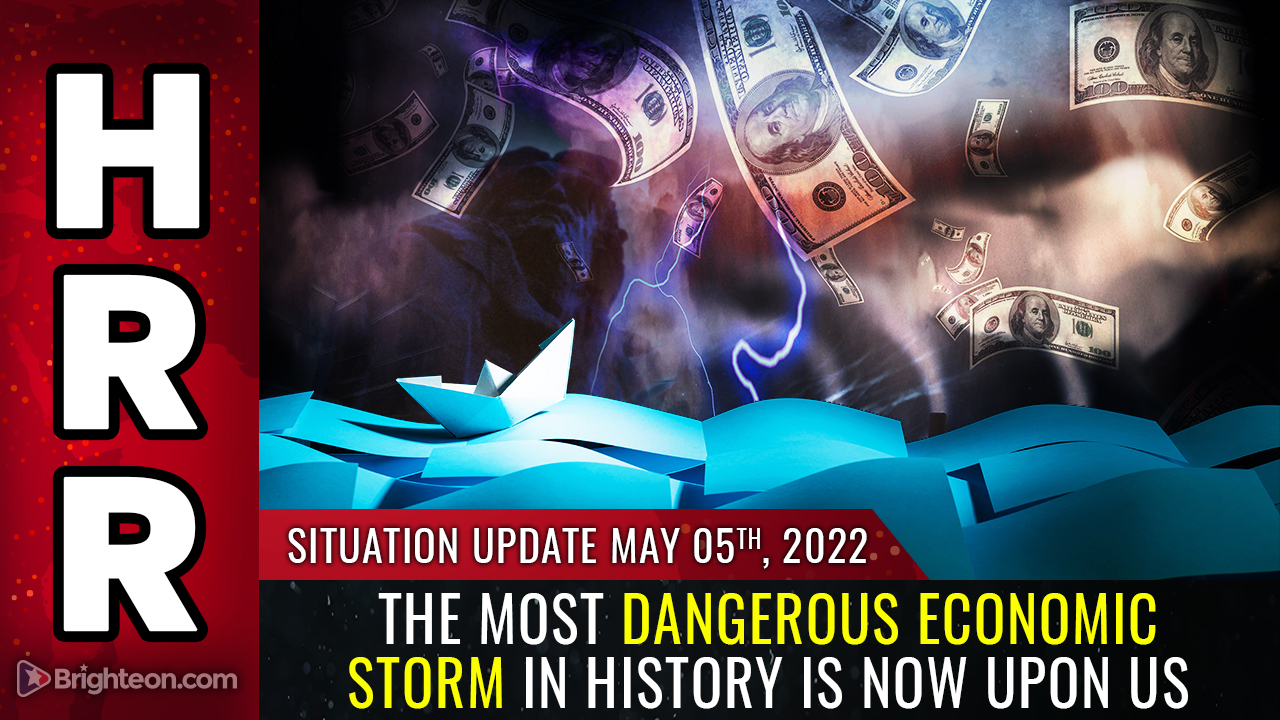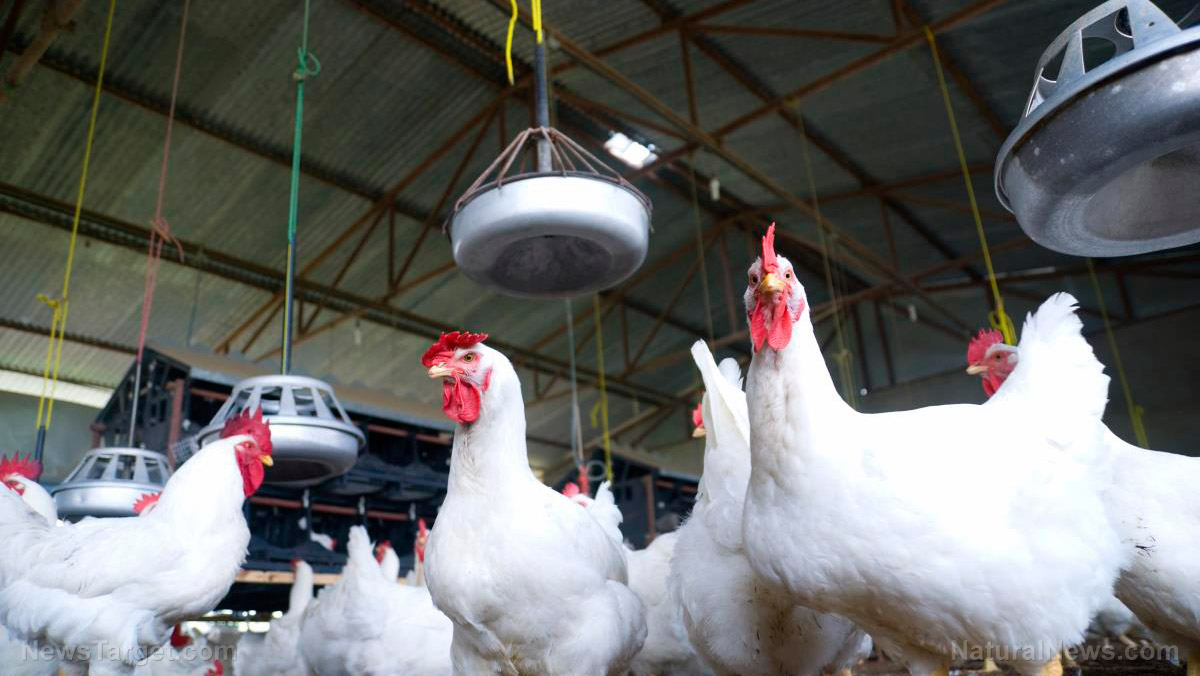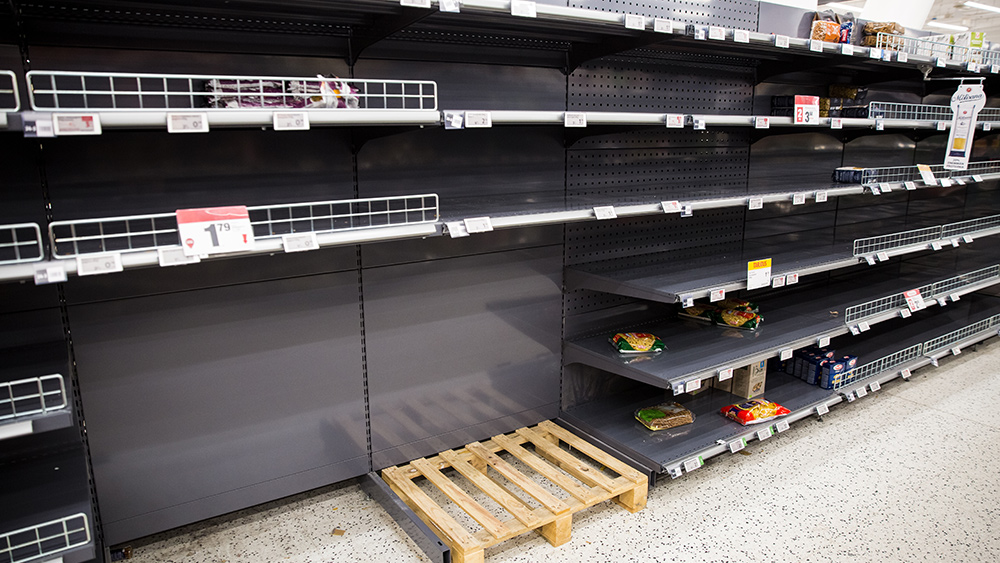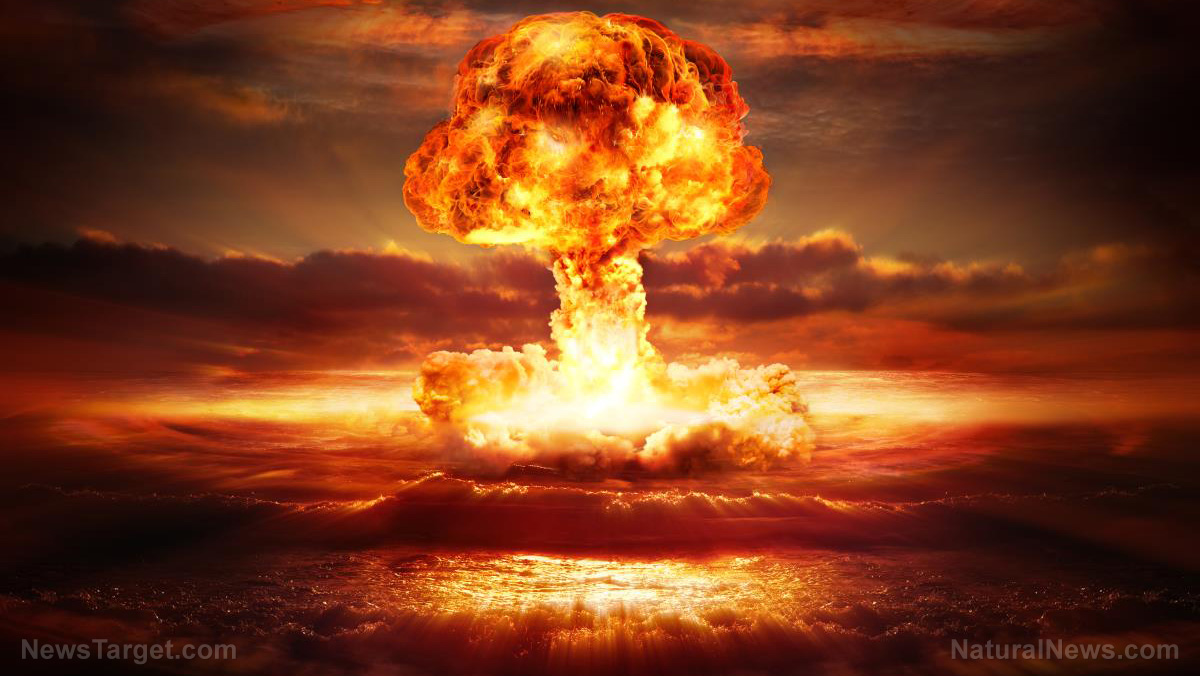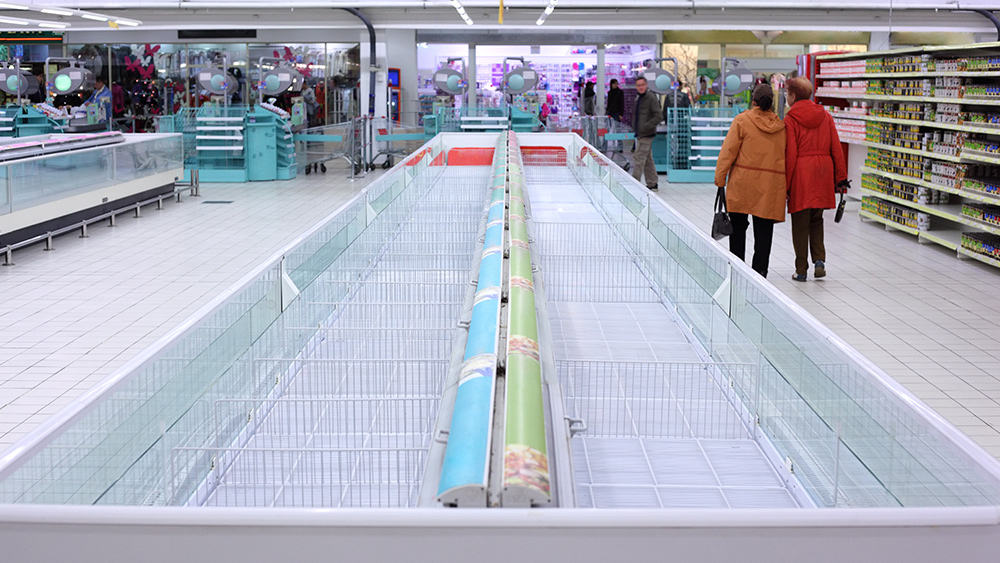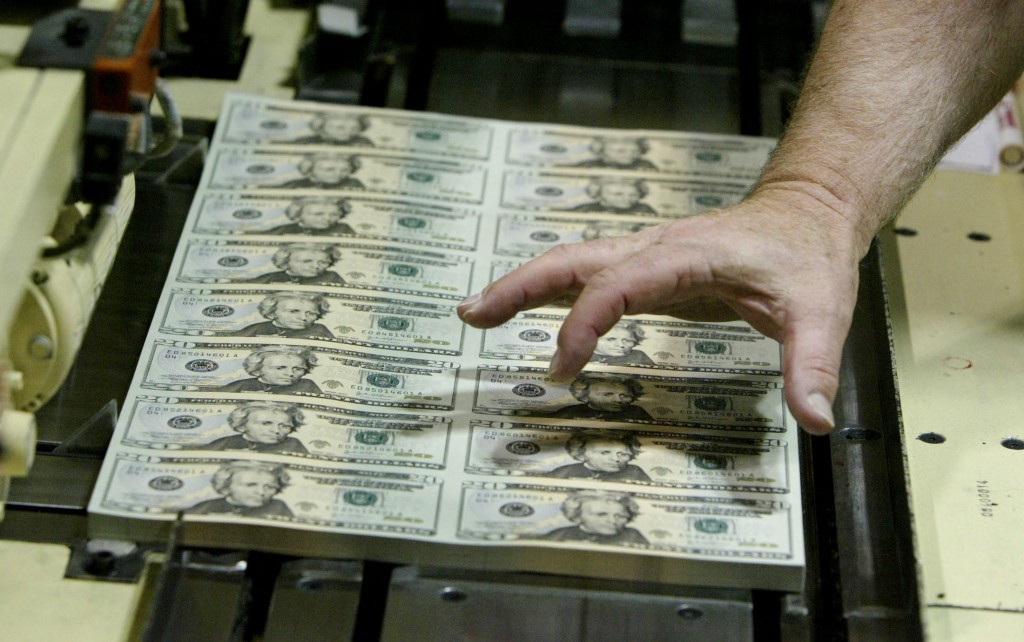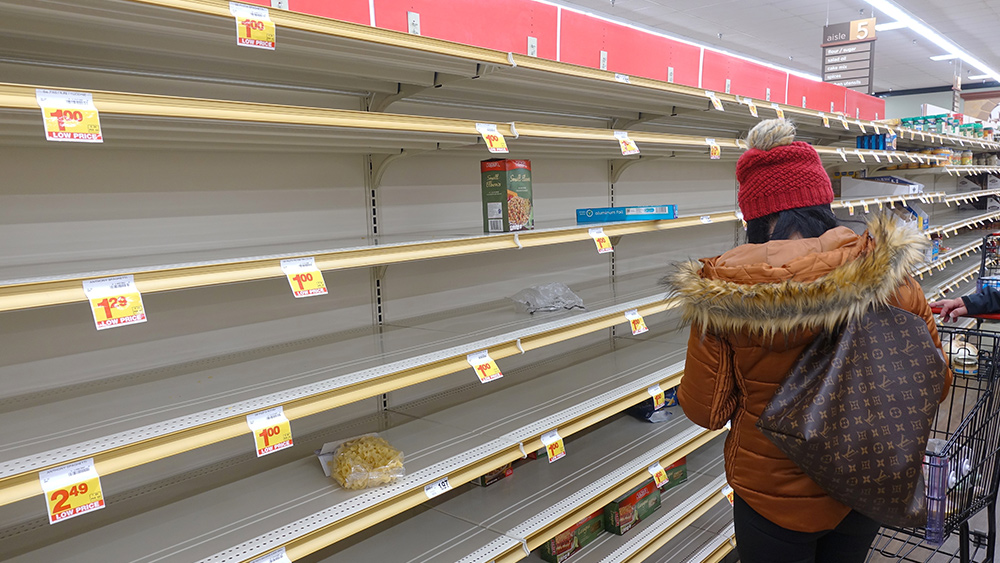Canada increasing potash output to shore up food production as Russia-Ukraine conflict continues
03/22/2022 / By Mary Villareal
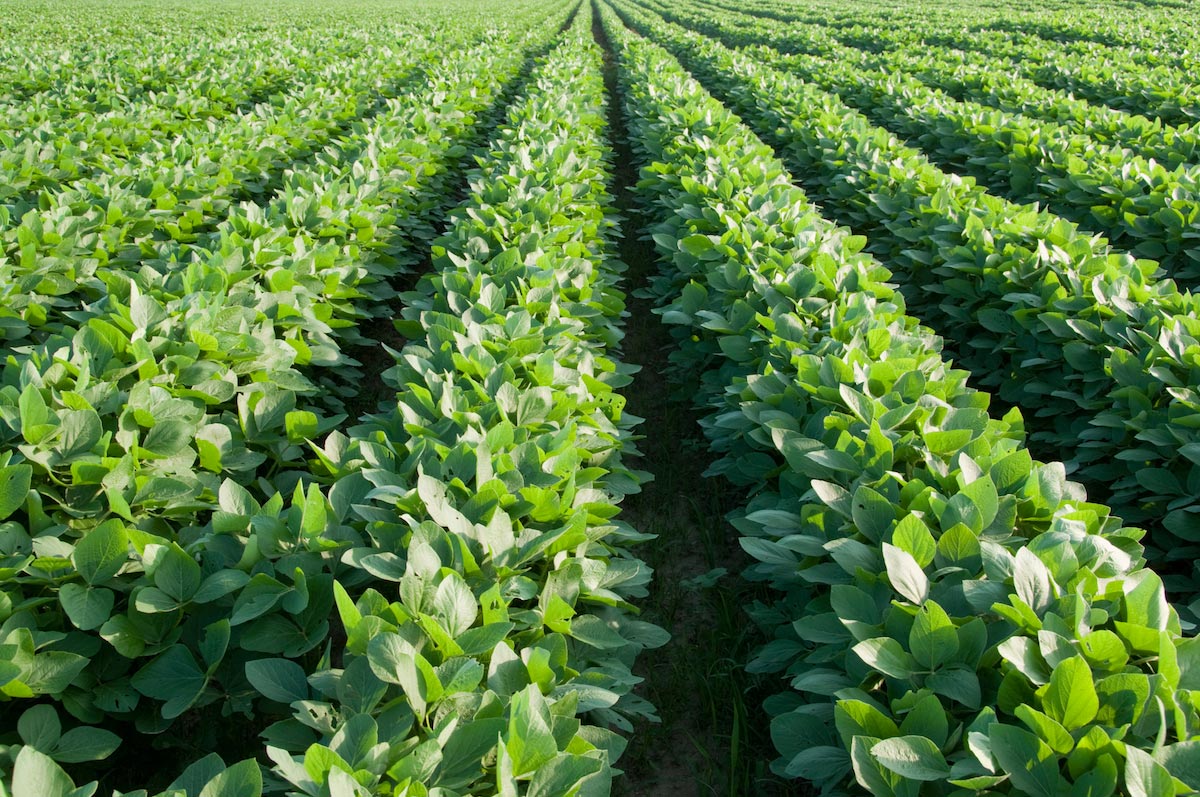
The world’s largest fertilizer producer, Nutrien Ltd., recently announced its plans to increase potash output by nearly one million tons this year in response to the uncertainty of supply from Eastern Europe.
Potash is a key input necessary for producing nitrogen-containing fertilizers. While Canada is the biggest potash producer, Russia and Belarus come in second and third, which means that much of the industry is affected.
In a press release, Nutrien’s interim president and CEO, Ken Seitz, said the impacts of the Russian-Ukraine conflict extend beyond Eastern Europe, as the disruption affects the supply of key agriculture, fertilizer and energy commodities that could have implications for global food security. He added that Nutrien is responding to the period of unprecedented market uncertainty by safely expanding potash production to help provide customers with their needed crop inputs.
Potash production is expected to increase by nearly 20 percent compared to 2020, and Nutrien will account for more than 70 percent of global production during this period. The company also expects a small increase in its capital expenditures for 2022 and said it will hire additional employees at its mines.
“We continue to closely monitor market conditions and will evolve our long-term plans to ensure we utilize our assets in a safe and sustainable manner that benefits all our stakeholders,” Seitz said.
The additional supply will come gradually. Andrew Wong, an analyst from RBC Dominion Securities Inc., said: “Adding too much supply too quickly could raise concerns on longer-term oversupply. We also believe this prudent move reflects interim CEO Ken Seitz’s significant experience and understanding of potash market dynamics and should be encouraging for investors that management continues to execute well despite the turnover over the past year.” (Related: Soaring fertilizer prices to spark global famines unseen in modern history.)
BMO analyst Joel Jackson added that this move was inevitable. He said there could be a supply gap this year, even with a resolution of the Russia-Ukraine war.
“The next move would be to invest and hire a material number of new miners to be able to target utilizing the last few millions of tons, but we think that would be some months away,” Jackson added.
Meanwhile, potash prices have soared since the economic sanctions were imposed against Russia after its invasion of Ukraine. Belarus, Russia’s ally, has also been subject to European and U.S. sanctions that have since restricted its exports.
According to Nutrien, the additional volume of potash is expected to be produced in the second half of the year.
Canadian Pacific Railway, which moves potash fertilizer into the United States, has now sent a lock-out notice to its employees after talks with a union on wages and other issues failed. This move could disrupt the supply of the commodity, as a lockdown at the railroad company could have “serious implications” for potash transport to ports of shipment, including offshore buyers.
Potash shortage could create a ripple effect in food prices
Potash is present everywhere: from slowing the aging of wine, to preserving canned food and giving chocolate aroma. However, its most important role is getting all kinds of produce and processed food on the shelves for consumption.
As a key nutrient to fertilize basic crops like rice, wheat, sugar and soybeans, it is important to ensure that there is enough potash to grow staple grains and cereals to feed both people and livestock. Potash-based fertilizers will be crucial in ensuring that the world’s farms can keep up with the global population. (Related: Food prices to rise as nitrogen shortage forces American farmers to scale back on fertilizers.)
Rising energy prices have already been driving fertilizer prices through the roof, and the lack of potash exports is likely going to exacerbate the trend. Food experts say the consequences will be global, and the harvest outside Europe could suffer the most.
The disruption in potash supplies, coupled with the already turbulent energy market, can continue to push food prices up worldwide.
Follow Collapse.news for more updates on how the Russia-Ukraine crisis is affecting people worldwide.
Watch the video below to know more about how fertilizer shortage can affect global food supplies.
This video is from the BPEarthWatch channel on Brighteon.com.
More related stories:
Russia-Ukraine war will further worsen global food shortage as poor nations face starvation, unrest.
If the Ukraine conflict doesn’t end soon, the world will starve.
Corn and soybean farmer warns Americans that average grocery bill could increase by $1,000 per month.
Sources include:
Submit a correction >>
Tagged Under:
agriculture, Canada, chaos, Collapse, crops, farming, fertilizer, food crisis, food prices, food security, food supply, harvest, inflation, market crash, Nutrien Canada, panic, potash, potash production, products, Russia, Russia-Ukraine war, starvation, supply chain, Ukraine
This article may contain statements that reflect the opinion of the author
RECENT NEWS & ARTICLES
COPYRIGHT © 2018 PANIC.NEWS
All content posted on this site is protected under Free Speech. Panic.news is not responsible for content written by contributing authors. The information on this site is provided for educational and entertainment purposes only. It is not intended as a substitute for professional advice of any kind. Panic.news assumes no responsibility for the use or misuse of this material. All trademarks, registered trademarks and service marks mentioned on this site are the property of their respective owners.




